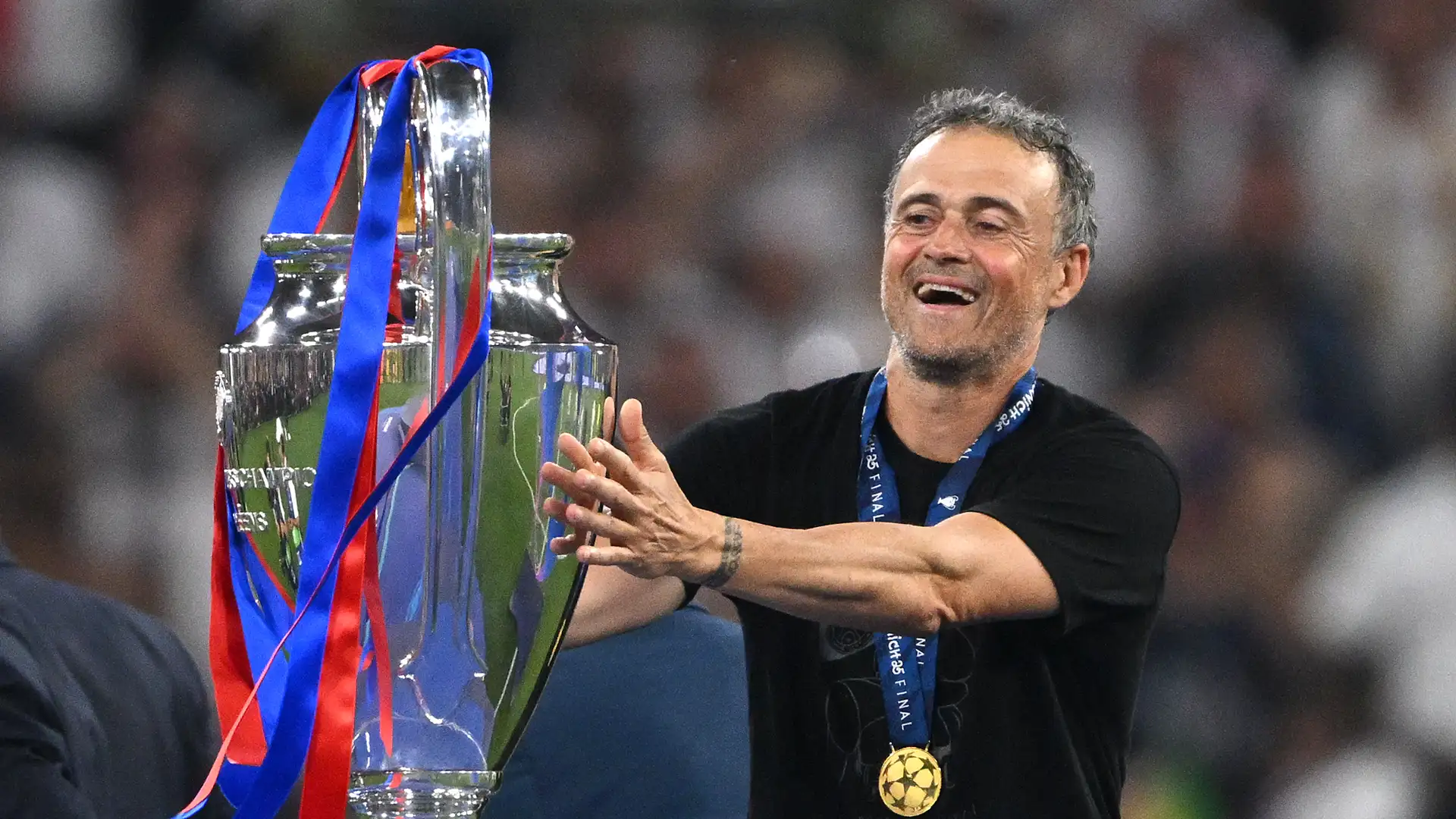
‘I Don’t See the Funny Side’ – Luis Enrique’s Live TV Jibe at Journalist Susana Guasch Rekindles Feud After Champions League Win
Tensions Resurface as PSG Coach Takes a Swipe on Air Following Historic Victory
Luis Enrique might have led Paris Saint-Germain to their first-ever Champions League triumph, but the headlines after the final weren’t just about football. In a moment that felt equal parts calculated and controversial, the PSG coach took a swipe at journalist Susana Guasch during a live post-match interview — and reignited a long-standing feud that dates back nearly a decade.
The scene played out on Movistar Plus, one of Spain’s most prominent sports broadcasters, and quickly went viral. While most viewers expected the post-match chat to center around tactics, goals, and the road to Paris’ historic night, they were instead met with Luis Enrique’s cutting remark.
“I’m here for Mónica [Marchante]. You all know that. Not much for you, Álvaro [Benito]. Even less so for you, Susana,” Luis Enrique said live on air.
It wasn’t just a throwaway line. It was pointed. Personal. And for many, deeply unnecessary.
Not Just Banter: Why Susana Guasch ‘Doesn’t See the Funny Side’
In a later appearance on Onda Cero’s Radioestadio Noche, Guasch addressed the situation with calm but firm words. “Luis Enrique knew he was the talk of social media,” she said. “He knew what he was doing. What surprises me is that he continues to give me this kind of attention, even after all these years.”
And indeed, this wasn’t the first time Guasch found herself on the receiving end of Luis Enrique’s disdain. Their history stretches back to 2016, when Guasch, then reporting for Atresmedia, clashed with Luis Enrique in the aftermath of Barcelona’s Champions League exit to Atlético Madrid. Luis Enrique was seething that night, and let his frustrations spill over into the interview.
“Your analysis is quite superficial and gratuitous,” he told Guasch on live TV. “It has nothing to do with that of a professional… I’ll repeat, you talk about whatever you want, and I’ll answer whatever I feel like.”
Harsh words, even by football’s intense standards.
From Barcelona to Paris: A Feud That Refuses to Die
What makes this story particularly fascinating is that it’s not just about one bad night or a heated exchange. This is a nine-year-old grudge that refuses to die. And for some reason, despite all he has accomplished — from managing Barcelona to Spain to now winning Europe’s top prize with PSG — Luis Enrique seems unable to let it go.
Guasch, for her part, says she doesn’t understand the lingering hostility. “He’s been waiting nine years to get back at me,” she said. “I didn’t find any funny side in what he did. He didn’t even look at me during the interview.”
While Luis Enrique has not commented further on the matter since the final, the silence speaks volumes. In the world of post-match interviews, where coaches usually dish out praise or deliver the usual cliches, his decision to go personal stands out — and not in a good way.
What Was Meant to Be a Celebration Turned Into a Sideshow
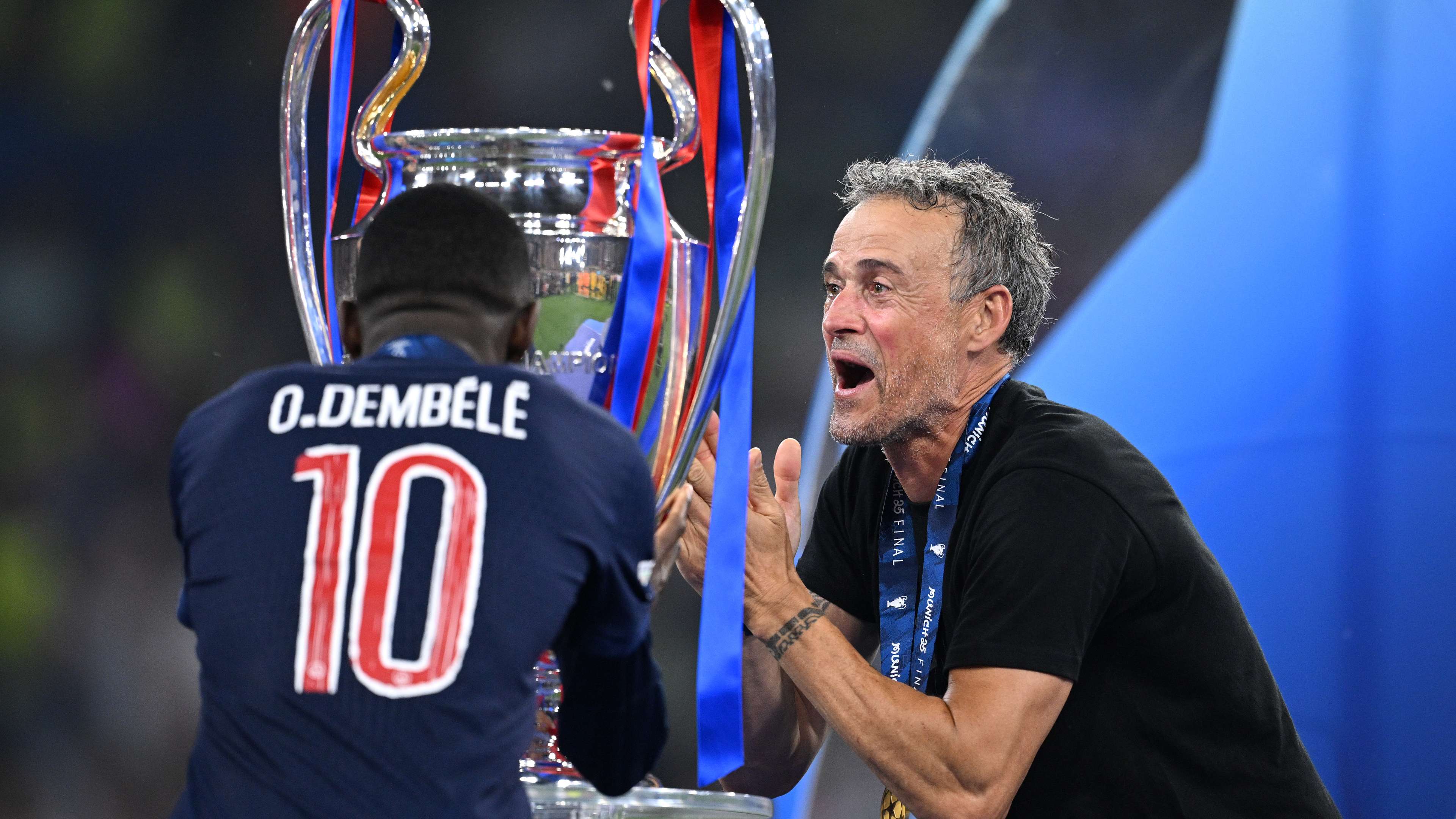
Paris Saint-Germain v FC Internazionale Milano – UEFA Champions League Final 2025
PSG’s 2–0 win over Inter Milan in the Champions League Final was meant to be a celebration — not just for the club, but for Luis Enrique, who became one of the few coaches in modern football to win the UCL with two different teams. The tactical display was vintage Luis Enrique: compact at the back, explosive on the counter, ruthless in front of goal.
But his dig at Guasch seemed out of sync with the gravity of the moment. While his players celebrated on the pitch and fans filled the streets of Paris with chants and flares, their manager was busy settling an old score on Spanish television.
The Role of Monica Marchante – A Not-So-Subtle Contrast
Enrique’s line about being there for Mónica Marchante — a respected and widely liked figure in Spanish sports journalism — was seen by many as a deliberate attempt to contrast her with Guasch. It wasn’t just a compliment to one journalist; it was a public dismissal of another.
And it worked. Social media lit up with reactions, many of them critical of Luis Enrique. Some defended him, suggesting that Guasch had “asked for it” with her past questions, but others weren’t so sure.
“It’s not about liking or disliking someone,” one fan wrote on Twitter. “He just won the Champions League. This is the time to talk football — not take jabs at reporters.”
Is There a Pattern With Luis Enrique?
Luis Enrique has always been a bit of a divisive figure in football. As a player, he was tenacious, fearless, and occasionally combative. As a coach, he’s been just as intense. His relationships with the press have often been strained, especially when results go south.
During his time with Spain’s national team, he clashed with multiple journalists over squad selections, tactical criticisms, and even coverage of personal matters. There’s no denying his talent on the sideline, but his PR playbook remains blunt at best.
So perhaps the Guasch incident shouldn’t come as a surprise. But that doesn’t make it less disappointing.
What’s Next for Luis Enrique and PSG?
With the revamped FIFA Club World Cup kicking off later this month, Luis Enrique won’t have much time to dwell on this media fallout. PSG are set to face Atlético Madrid in their opening match on June 15, and the tournament offers the Spanish coach a shot at another piece of international silverware.
It also offers a chance for the spotlight to shift back to football — where, quite frankly, it belongs.
Still, as long as Luis Enrique remains in the public eye, moments like this may continue to surface. His coaching brilliance is unquestionable. His player development, tactical innovation, and competitive fire are part of what make him successful.
But whether he likes it or not, his words off the pitch matter just as much as his actions on it.
Guasch’s Response: Calm, Clear, and Confident
Susana Guasch, meanwhile, has kept her response mature and measured. She hasn’t launched into a public feud or tried to turn the moment into a personal crusade. She’s just reminded viewers and listeners alike that journalists, like coaches, are just doing their jobs — and deserve respect.
“I like to think that sports journalism can be a space for analysis and conversation,” she said on Onda Cero. “Not for grudges.”
A fair point. And one that might be worth remembering the next time emotions run high in the interview zone.
In the end, this wasn’t about a joke. It was about a coach who couldn’t resist reopening old wounds — and a journalist who didn’t laugh.
And perhaps that’s the real story.


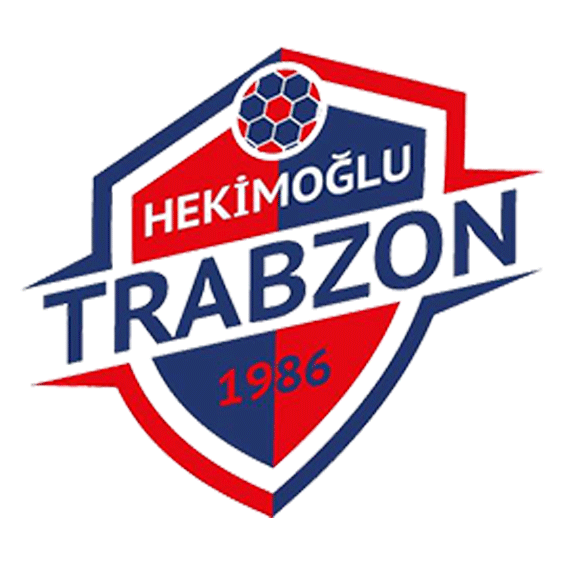

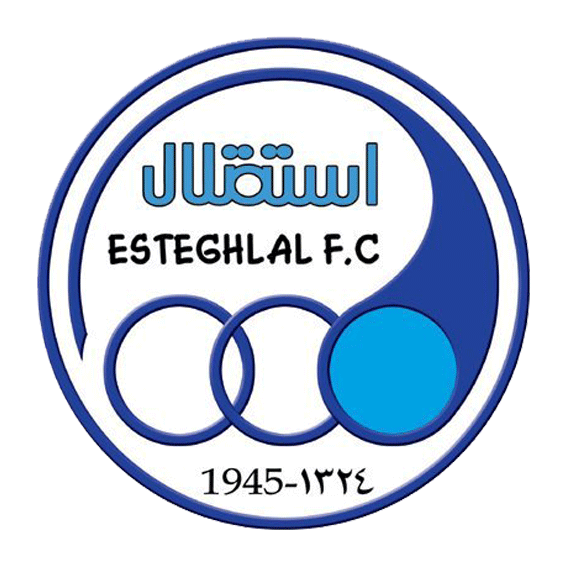
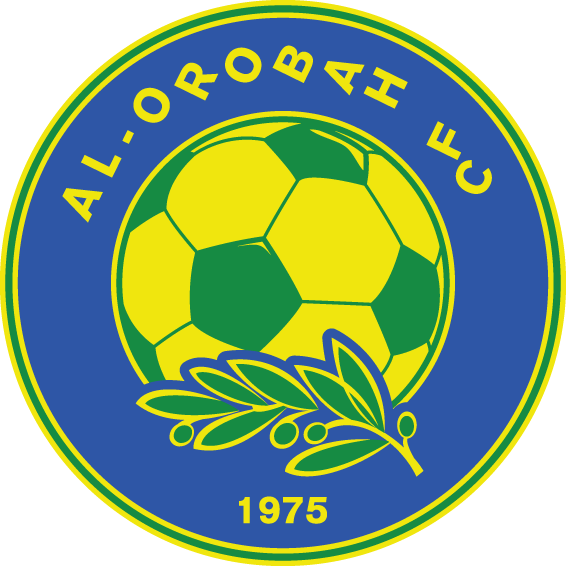

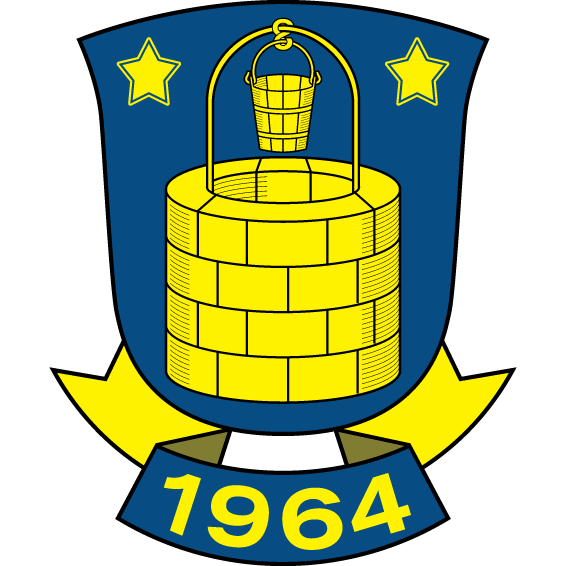




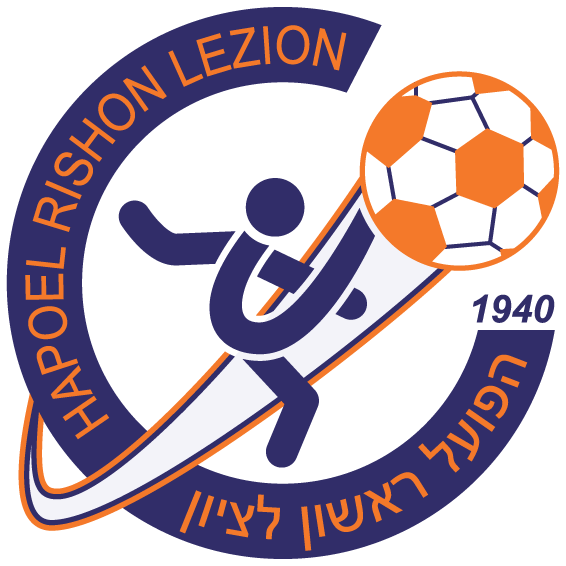

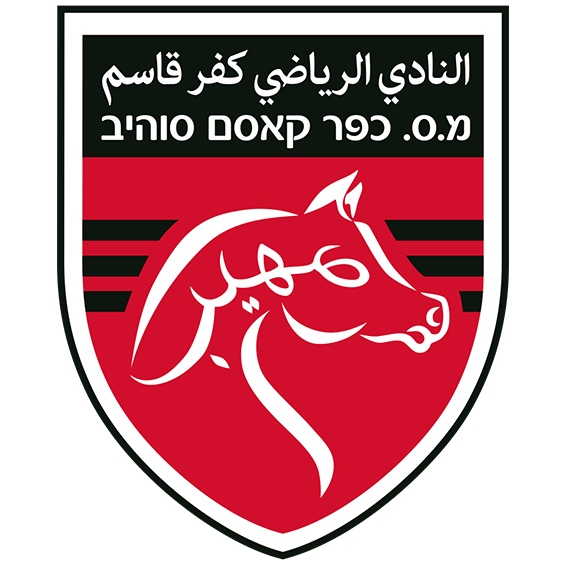
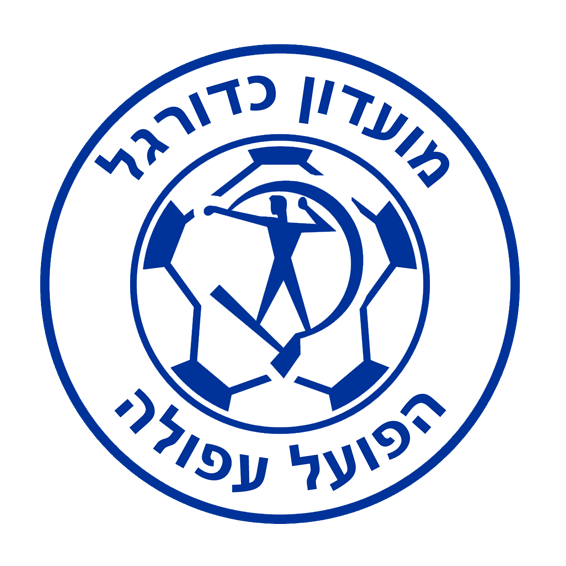

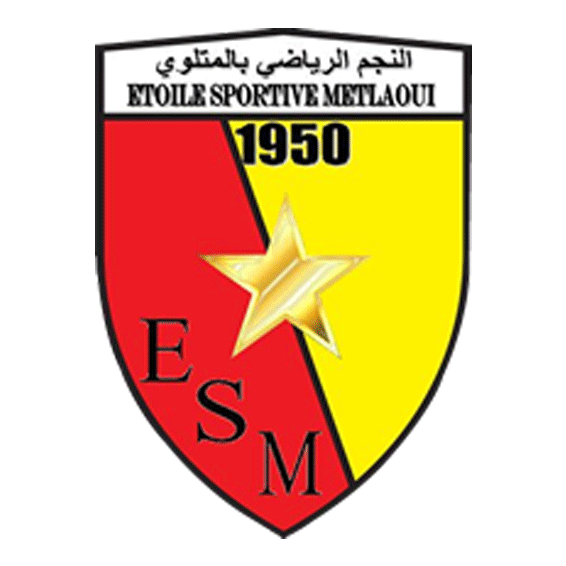
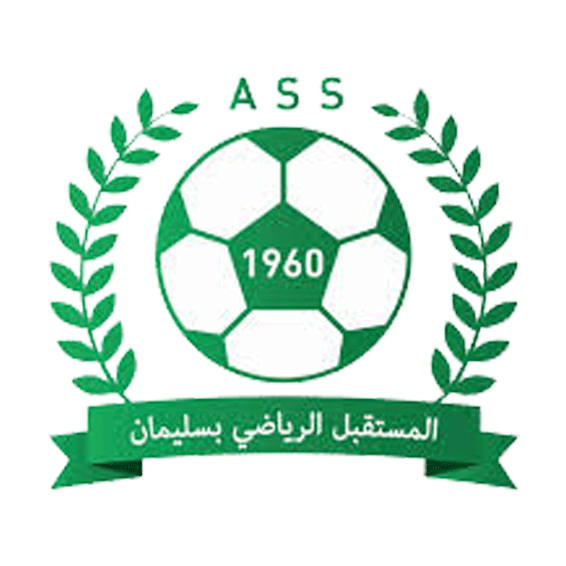


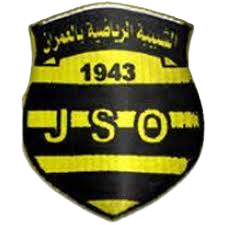


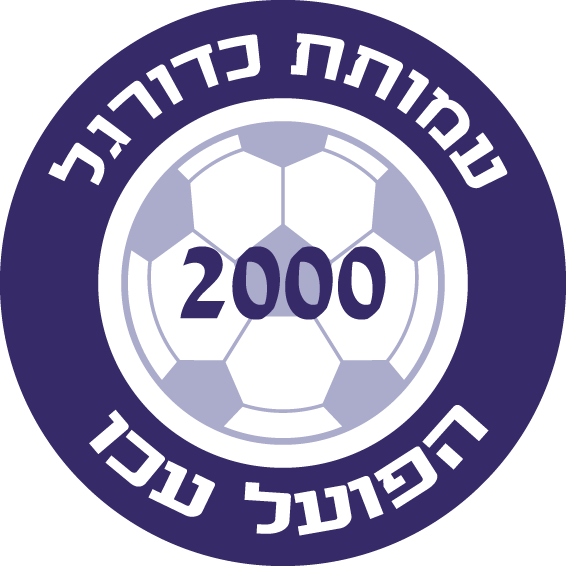
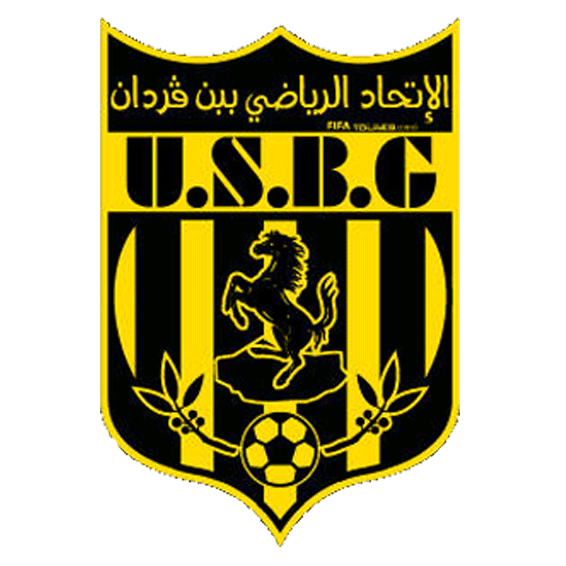
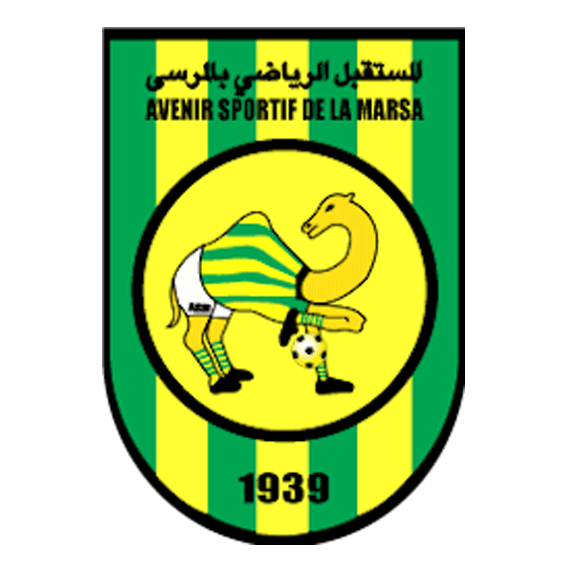

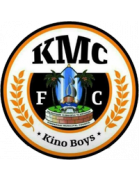
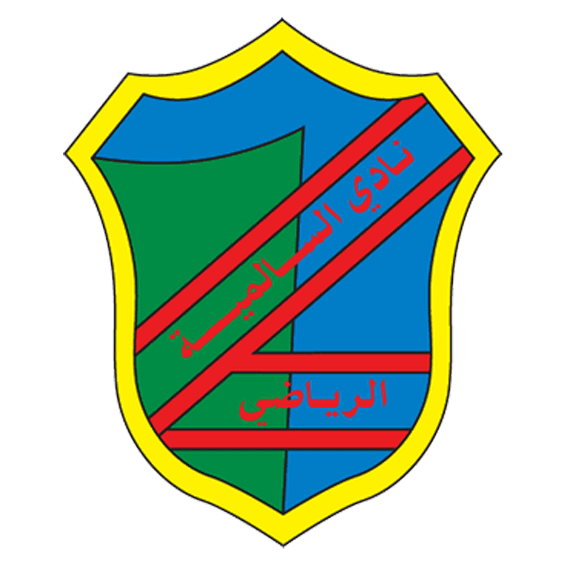




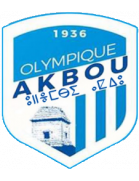
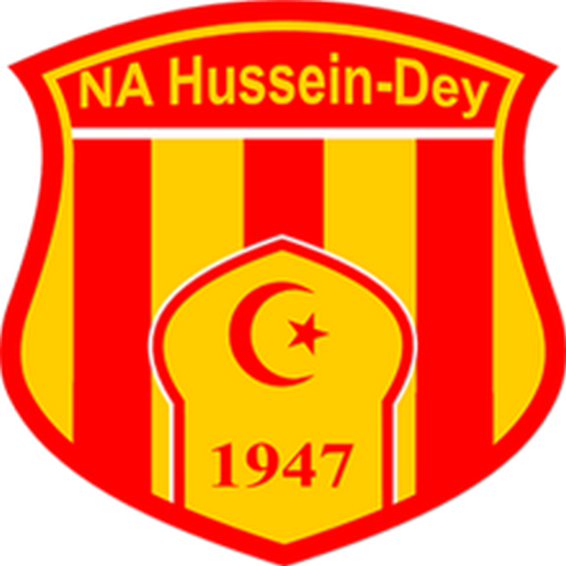
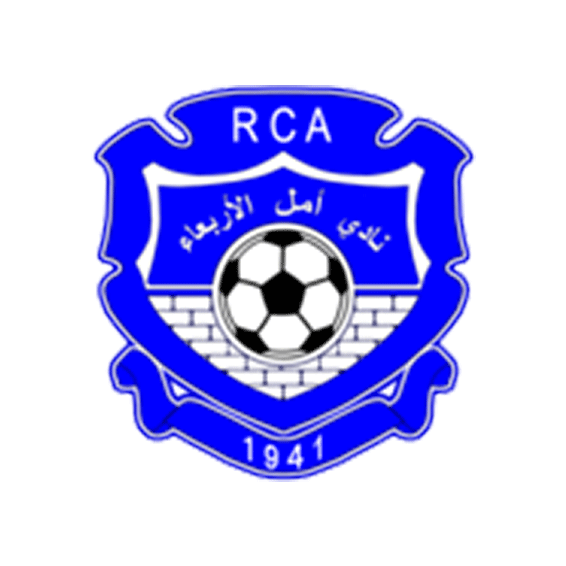
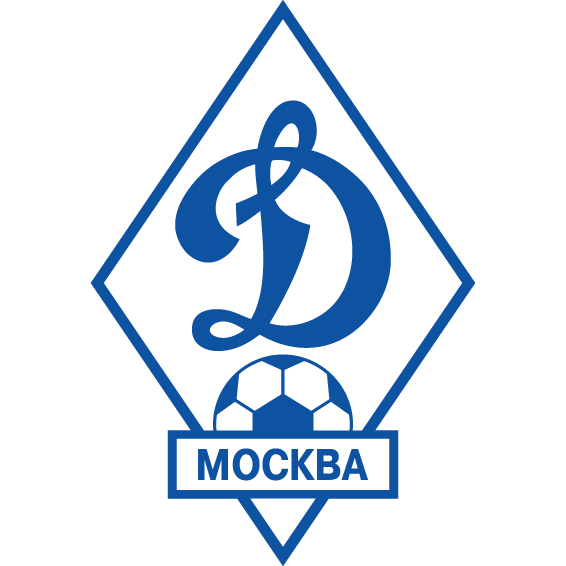



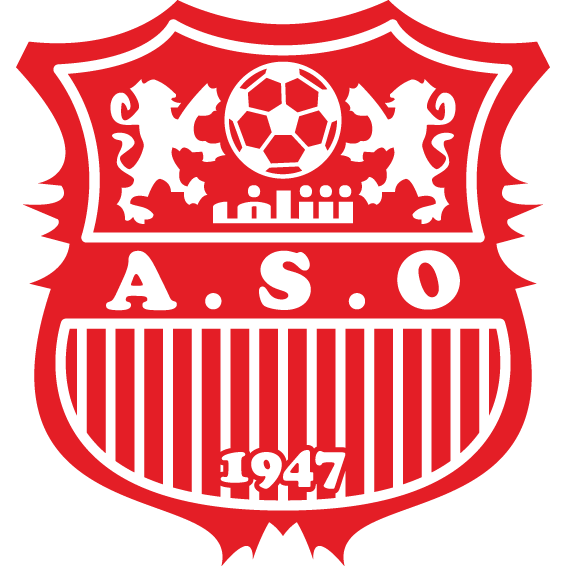
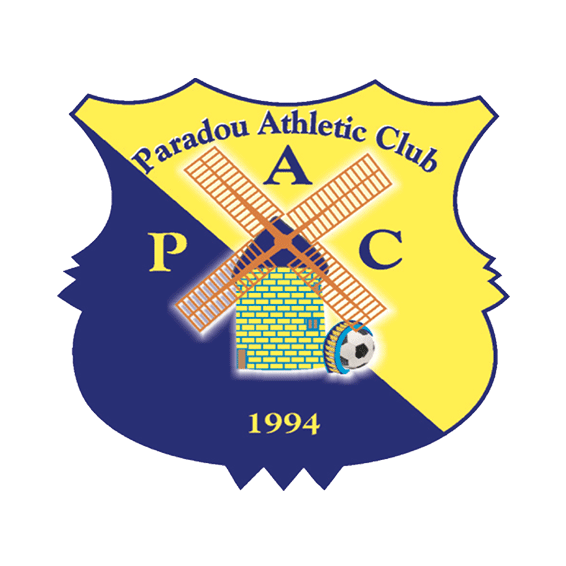
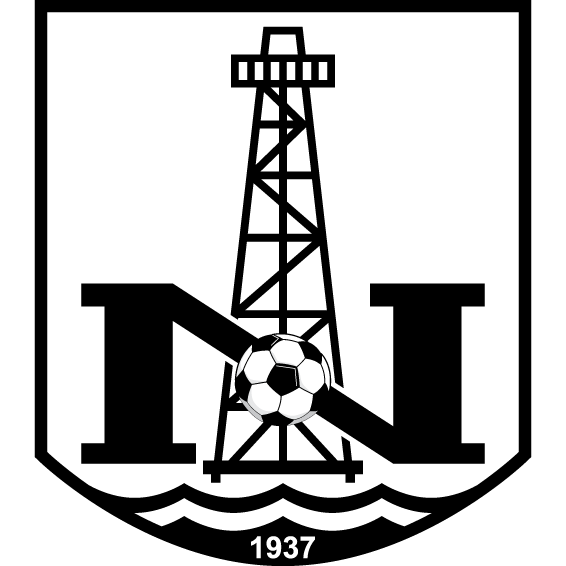
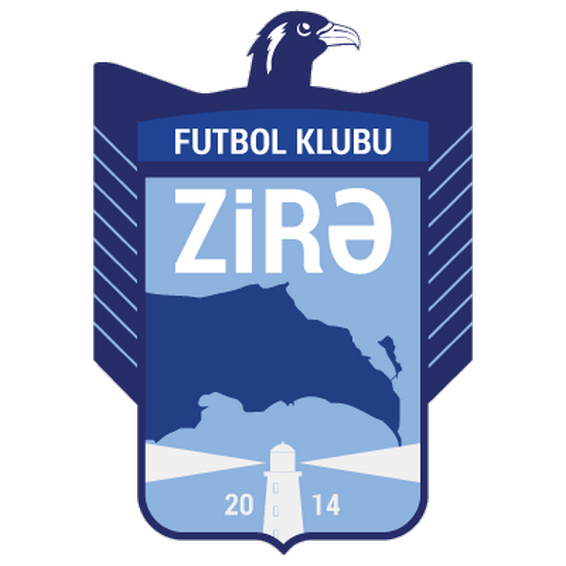


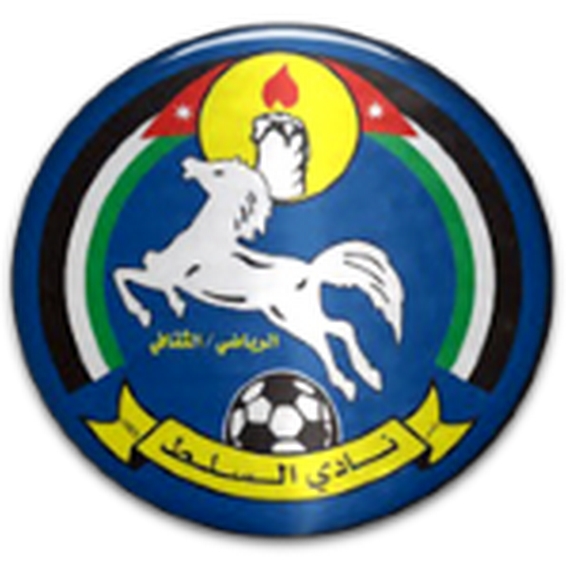
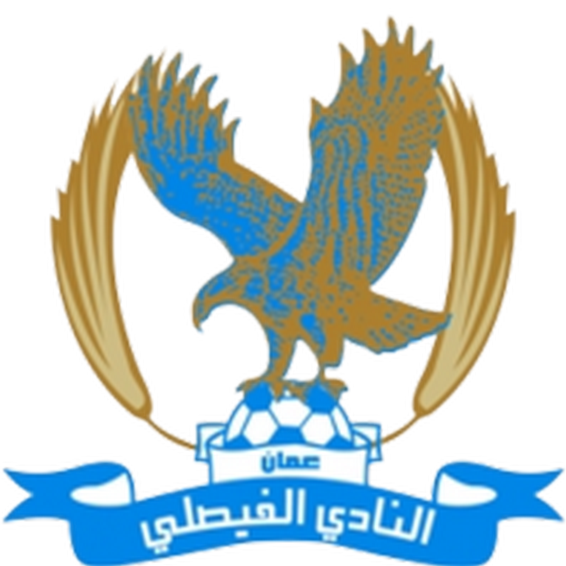

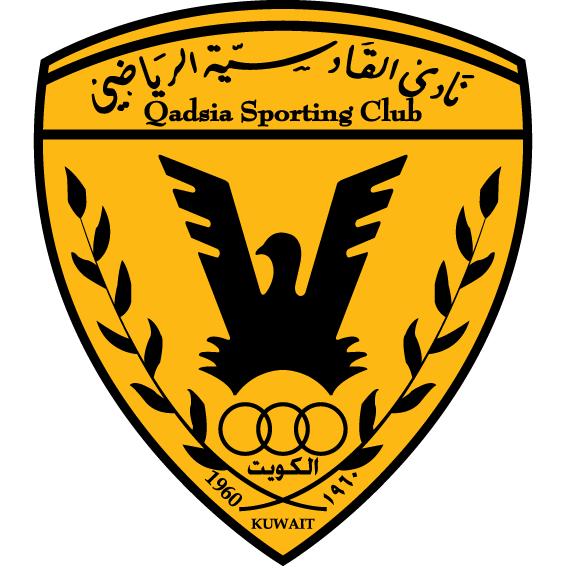
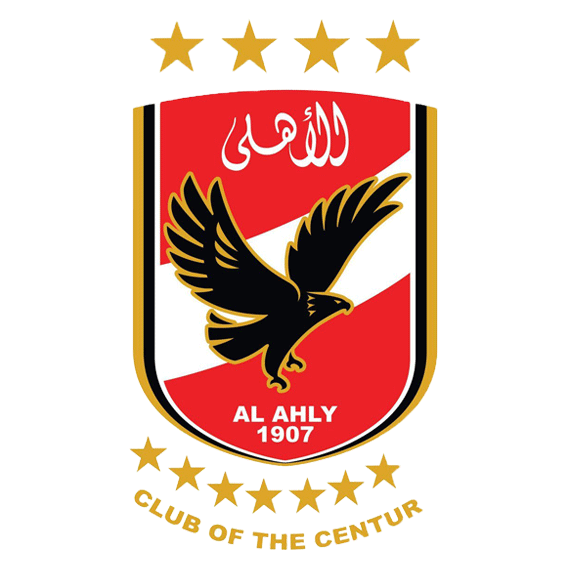
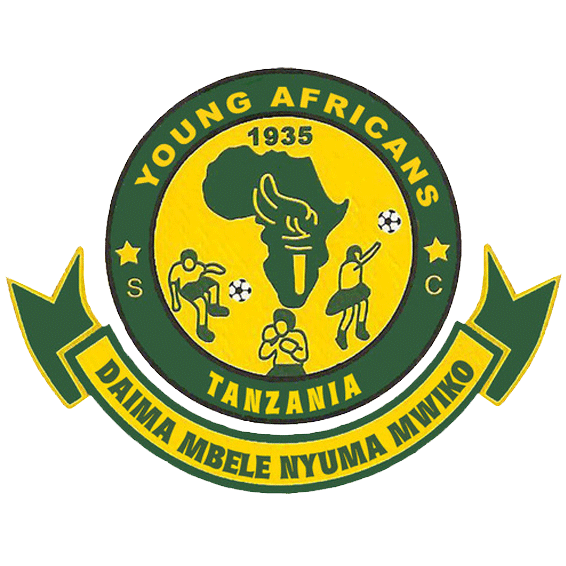
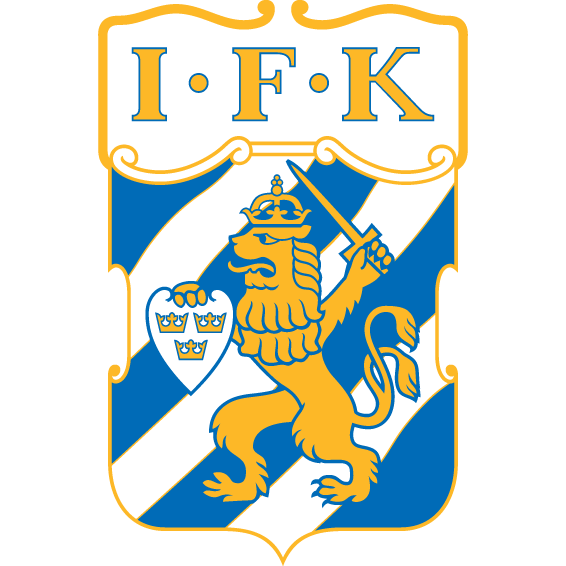
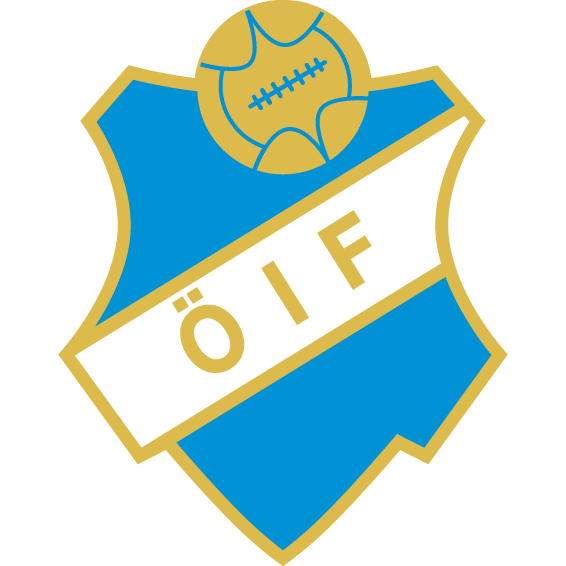


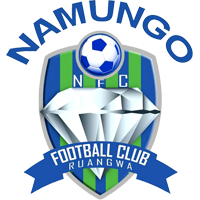

.jpeg?auto=webp&format=pjpg&width=3840&quality=60)























There are no comments yet. Be the first to comment!